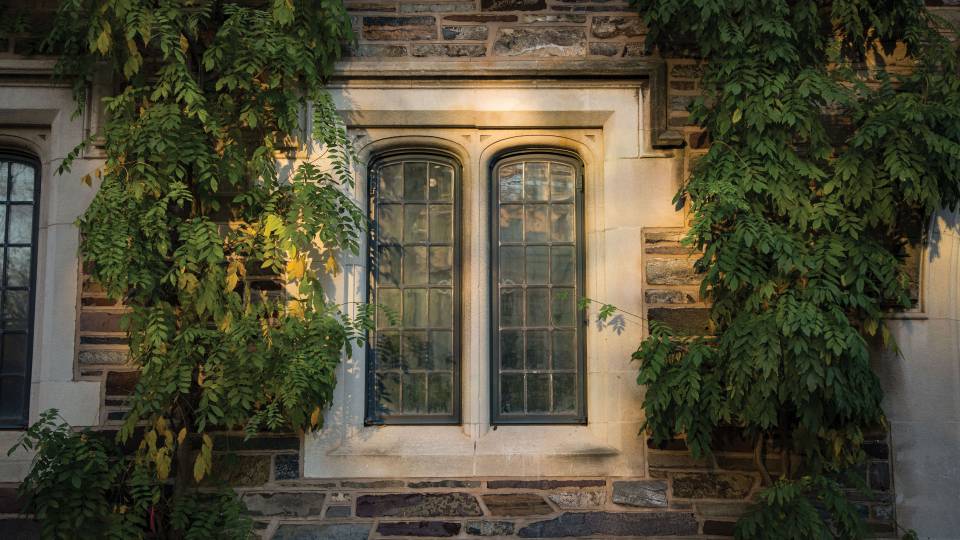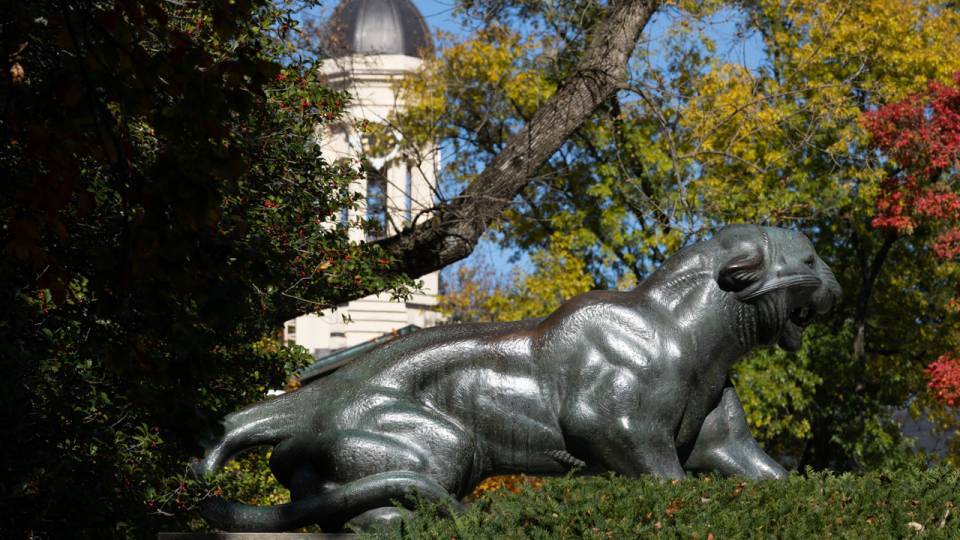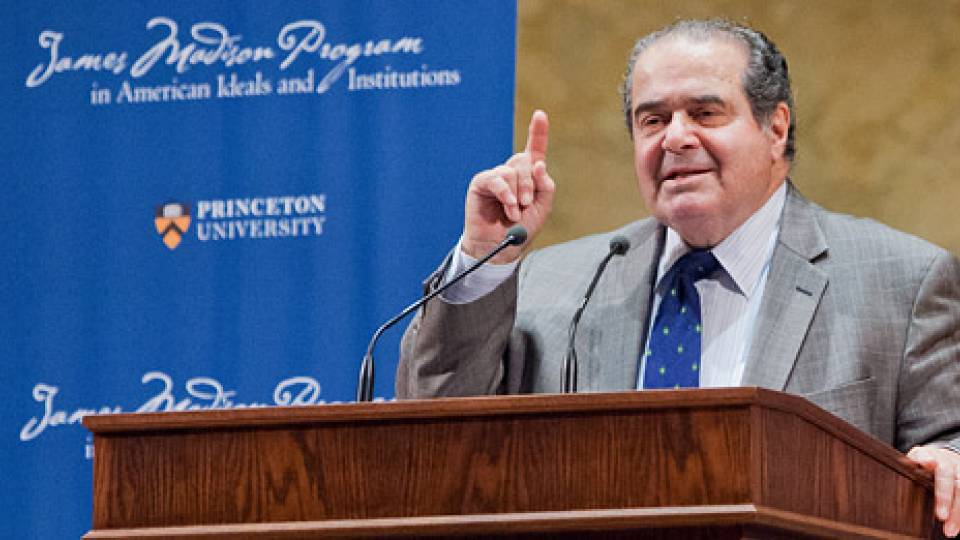With debates raging on the U.S. war on terrorism, gay marriage, abortion, federal funding for faith-based charities and other issues that mix religion and politics, two Princeton scholars have written new books examining the relationship between Americans’ religious beliefs and political actions.
Sociologist Robert Wuthnow investigates religious organizations’ contributions to American society and the controversy over whether the government should support them in “Saving America? Faith-Based Services and the Future of Society.” Professor of Religion Jeffrey Stout, in “Democracy and Tradition,” offers his vision for a public political discourse that embraces rather than suppresses a variety of religious viewpoints. Both books recently were published by Princeton University Press.
Both scholars recently spoke with Princeton Weekly Bulletin about their books and the influence of religion on public policy and politics. An excerpt from the interview with Stout follows:
What role does religion play in America’s political dialogue? Is it different from your own vision of the proper relationship between religion and politics?
Stout: The First Amendment helped create a political culture in which American citizens feel free to express the reasons for their conclusions as they see fit. When those reasons are religious, citizens are protected twice over -- on the one hand by freedom of expression, on the other by freedom of religion. It violates the spirit of the First Amendment when intellectuals urge citizens to keep religious premises out of their political reasoning. Believers are going to rely on religious premises regardless of what the liberal professors say. It seems to me that we all have a stake in knowing what those premises are. Premises unexpressed are often premises unexamined and unchallenged.
But this is only half of the story. The First Amendment also prohibits Congress from establishing a religion as the basis for politics. In keeping with this notion, I say that political officials should refrain from presuming to speak for the whole nation on religious questions. Kings and queens used to make a mockery of religion by presuming to be its caretakers. What most of them really wanted was a kind of religion that would justify their rule while pacifying the populace. Our elected representatives are prone to the same temptations. The religion that our politicians practice in public often smells of sanctimony, manipulation and self-idolatry. Its symbolic gestures make for bad religion and bad politics.
Read the full story(Link is external) in the Weekly Bulletin.
Contact: Eric Quinones (609) 258-3601



